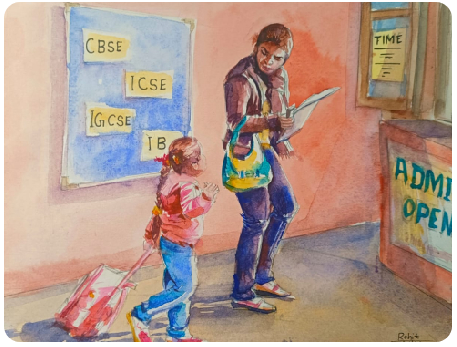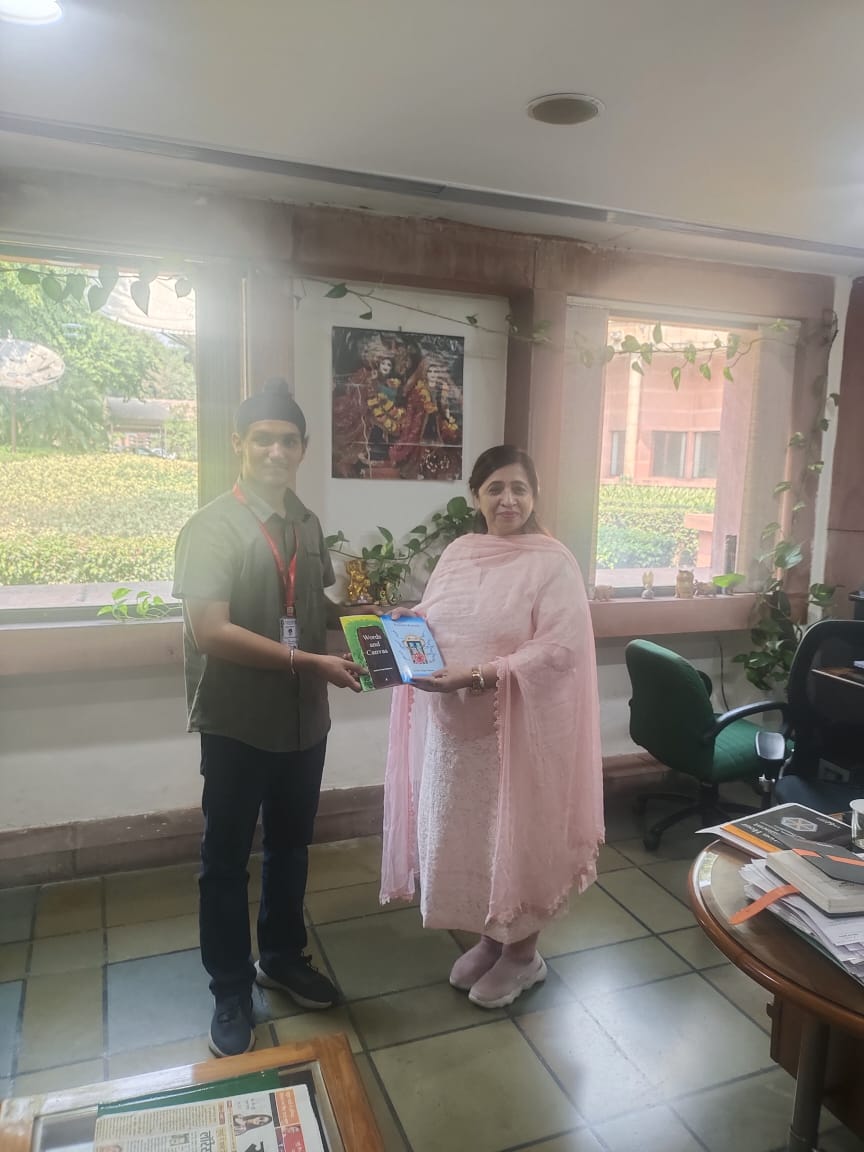Every parent looks forward to their child entering the schooling system. The preschools have also become a big decision point, the formal schooling from kindergarten / nursery or std 1 is a monumental one.
The fee structure, proximity of school from residence, school timings, transportation facilities would be some of the considerations for the parents. However, the biggest and most important deciding factor is the choice of the school board.
We have many established Indian boards like the State Boards, CBSE and ICSE while other international ones like the IGCSE or IB boards are gaining popularity in the recent times. It would help a parent to know the offerings of each of the boards in order to take the decision.
State Boards
- Their curriculum is set by Department of Education of the respective states of India.
- They give more impetus on the local language while English is restricted as a subject.
- Parents with transferable jobs might face difficulty with this board if have to move out from one state to another. The medium of teaching would change and pose a challenge to the kids.
- The curriculum gives more impetus on understanding of the topics included.
- It offers education from std 1 to 12 with main exams being 10th & 12th boards.
CBSE Board
- This board is approved by Government of India. The curriculum is designed by National Council of Educational Research and Training (NCERT).
- The board puts a lot of emphasis of learning via activity mode like projects works, creative applications to topics and assignments.
- The syllabus id designed to include co-scholastic activities alike sports and other competitions. It emphasizes on developing a well-rounded personality for kids.
- CBSE accepts both English & Hindi as mediums of teaching.
- The Syllabus remains the same across the nation and is preferred by parents with transferable jobs.
- The major entrance exams like Olympiads, NTSE, IIT, NEET are based on this syllabus. Students studying in CBSE schools have to learn to study with reference books as questions are not limited to text books.
- The most emphasized upon subjects are Science & Maths.
- It offers education from std 1 to 12 with main exams being 10th & 12th boards.
ICSE Board
- The Indian Certificate of Secondary Education (ICSE) curriculum is designed by the Council for the Indian School Certificate Examination (CISCE).
- It is a private board of education.
- The focus is more on language. It gives importance to analytical skills and is detail oriented.
- The range of subjects is more as compared to CBSE. The curriculum has similarities to many foreign boards.
- The board accepts only English as the medium of learning.
- It offers education from std 1 to 12 with main exams being 10th & 12th boards.
IB Board
- IB or International Baccalaureate board is an international education program with its headquarters in Switzerland.
- It offers educational programs for 3–19-year-old students.
- It comprises of 3 programs that are widely available in Indian IB Schools-
- Primary Years Programme PYP for kids aged 3-12 years
- Middle Year Programme MYP for kids aged 11-16 years
- Career related Programs for kids aged 15-19 years
- It does not have prescribed books.
- It gives equal weightage to all the subjects.
- The syllabus stresses upon skill development rather than content-based teaching.
- There is also an increased focus on learning through experimentation.
- The assessment pattern does not depend on term end examinations but year-round assessments.
IGCSE Board (Cambridge Pathway)
- IGCSE or International General Certificate of School Examination also known as Cambridge Pathway is managed by University of Cambridge International examinations.
- It offers educational programs for 3–19-year-old students.
- It offers 3 different programmes –
- Cambridge Primary for 3+ years
- Cambridge Lower Secondary for 11+
- Cambridge Lower Secondary for 14+
- It provides prescribed learnings.
- It gives more emphasis on English and technical learnings.
- It has a wide range of subjects to choose from. It does not compartmentalise the subjects into any streams.
- It is beneficial for parents who might have overseas job demands or are needed to travel internationally.
- The impetus is on creative learning and individual thinking rather than theoretical learning.
All boards have their advantages and limitations. It is for the parent to choose, which might be decided by many factors apart from the ones mentioned above. It would be advisable to consider individual requirements rather than following herd mentality when taking such decisions. For, every child is unique and deserves the best.
The School Board Conundrum is best sorted out when the child’s interests are at the heart of decision making.


)
)
)
)
)
)
)
)
)
)